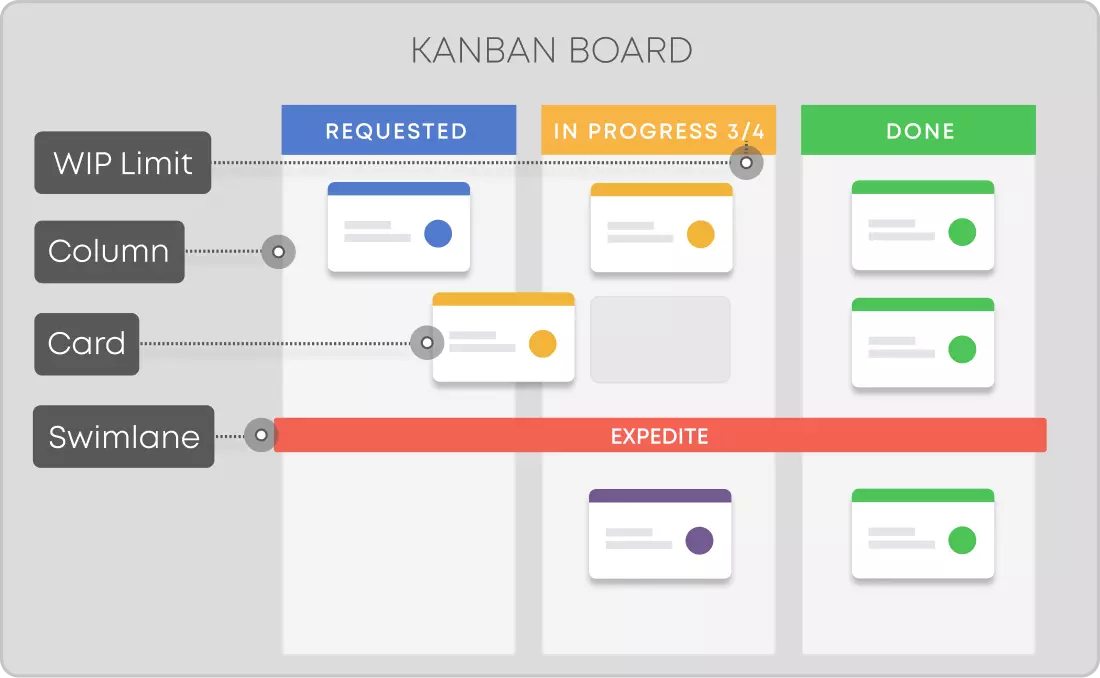vdrsoftwareonline.com – In today’s competitive business landscape, building and maintaining strong relationships with customers is essential for the success of any startup. This is where Customer Relationship Management (CRM) tools come into play. These powerful systems help startups manage customer interactions, streamline processes, and improve profitability. In this article, we’ll explore the importance of CRM tools and highlight some of the best options for growing startups.
Why CRM Tools Matter for Startups
- Centralized Customer Information: CRM systems provide a centralized database for all customer-related information. This allows startups to keep track of interactions, preferences, and purchase history, making it easier to tailor communications and offerings.
- Improved Customer Service: By having access to comprehensive customer data, startups can provide more personalized and timely support, leading to enhanced customer satisfaction and loyalty.
- Sales Automation: Many CRM tools include features that automate repetitive sales tasks, such as follow-ups and lead tracking. This automation allows sales teams to focus on closing deals rather than managing administrative tasks.
- Data-Driven Insights: CRM systems often include analytics and reporting features, enabling startups to track key performance indicators (KPIs) and make informed business decisions based on customer behavior and trends.
- Scalability: As a startup grows, its customer base will expand. A good CRM system can scale with the business, accommodating increasing data and user needs without losing efficiency.
Top CRM Tools for Growing Startups
Here are some of the most popular and effective CRM tools that cater specifically to the needs of startups:
- HubSpot CRM
- Overview: HubSpot offers a free CRM that’s user-friendly and integrates seamlessly with other HubSpot marketing tools.
- Key Features: Contact management, email tracking, sales automation, and analytics.
- Why It’s Great for Startups: The free tier provides robust features, making it an excellent starting point for startups on a budget.
- Salesforce Essentials
- Overview: Salesforce is one of the most recognized names in CRM. Essentials is tailored for small businesses and startups.
- Key Features: Lead and opportunity management, mobile access, and customizable dashboards.
- Why It’s Great for Startups: Salesforce offers extensive scalability, allowing startups to expand their CRM capabilities as they grow.
- Zoho CRM
- Overview: Zoho CRM provides a comprehensive suite of tools designed for small and medium-sized businesses.
- Key Features: Multi-channel communication, workflow automation, and advanced analytics.
- Why It’s Great for Startups: Its affordability and feature-rich environment make it a strong choice for startups seeking to optimize their customer interactions.
- Pipedrive
- Overview: Pipedrive is a sales-focused CRM that helps teams visualize their sales pipeline and manage leads effectively.
- Key Features: Sales pipeline management, activity reminders, and integration with other tools.
- Why It’s Great for Startups: Its intuitive interface makes it easy for startup teams to adopt and use effectively.
- Freshsales
- Overview: Freshsales is a CRM by Freshworks that combines sales automation with customer engagement tools.
- Key Features: Built-in phone, email tracking, lead scoring, and customizable sales pipelines.
- Why It’s Great for Startups: Freshsales offers a free plan with essential features, making it accessible for startups just starting out.
- Insightly
- Overview: Insightly is a CRM that integrates project management features, making it ideal for startups that want to manage both customer relationships and projects in one place.
- Key Features: Contact management, project management, and workflow automation.
- Why It’s Great for Startups: Its dual functionality makes it a valuable tool for startups that prioritize project tracking alongside customer management.
Choosing the Right CRM for Your Startup
When selecting a CRM tool, consider the following factors:
- Budget: Evaluate your budget and look for a CRM that offers the best value for your needs. Many tools provide free trials or freemium versions.
- Ease of Use: Choose a CRM with an intuitive interface that your team can adopt quickly without extensive training.
- Integration: Ensure the CRM can integrate with other tools you’re already using, such as email marketing software, accounting systems, or e-commerce platforms.
- Scalability: Select a CRM that can grow with your startup, accommodating increasing users and data as your business expands.
Conclusion
For growing startups, investing in a reliable CRM tool can lead to significant improvements in customer relationships, sales processes, and overall efficiency. By centralizing customer data and automating repetitive tasks, CRM systems empower startups to focus on what matters most: building lasting connections with their customers. As you explore your options, consider your specific needs and choose a CRM that aligns with your growth goals. With the right tools in place, your startup will be well-equipped to thrive in today’s competitive marketplace.





